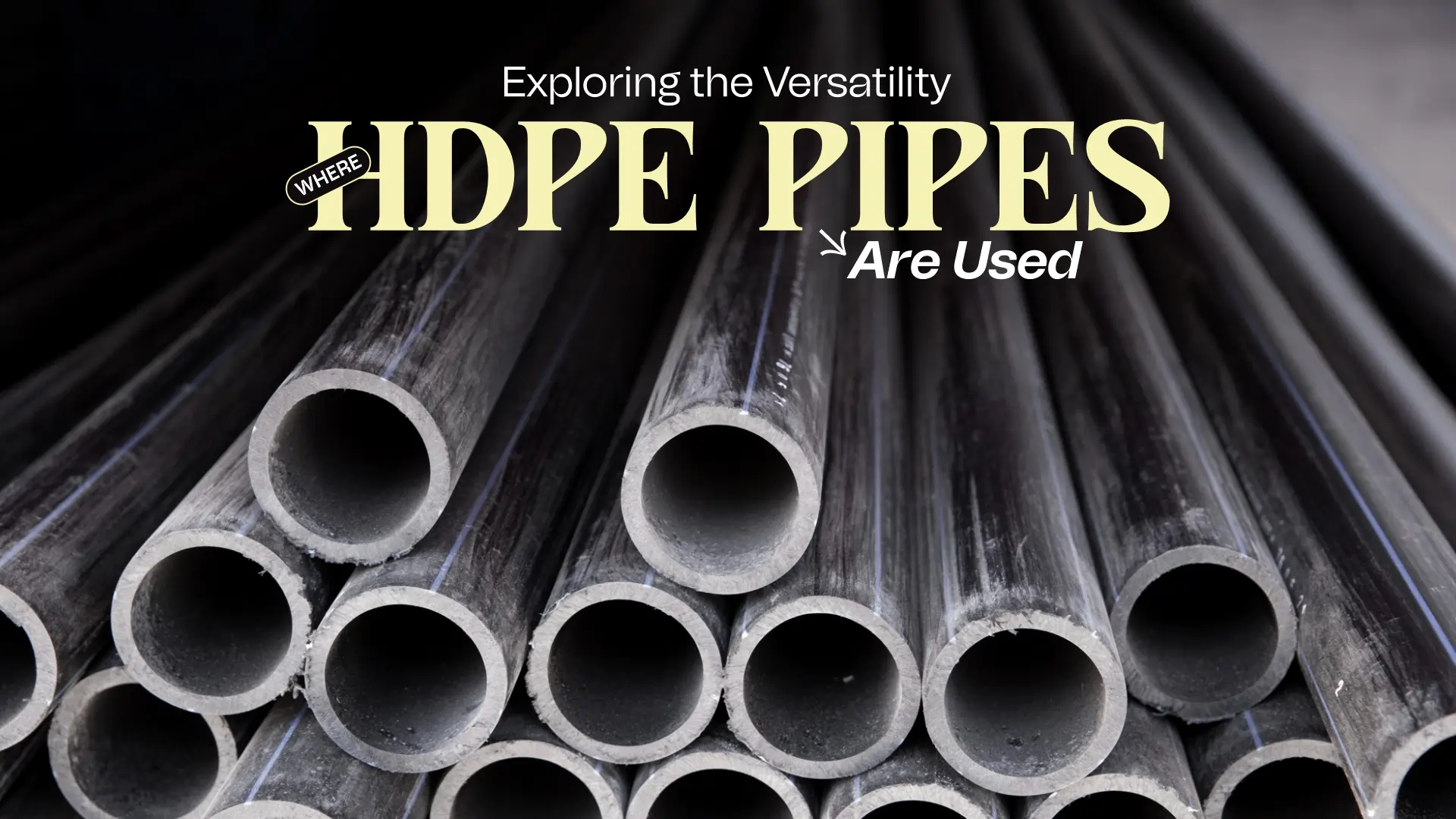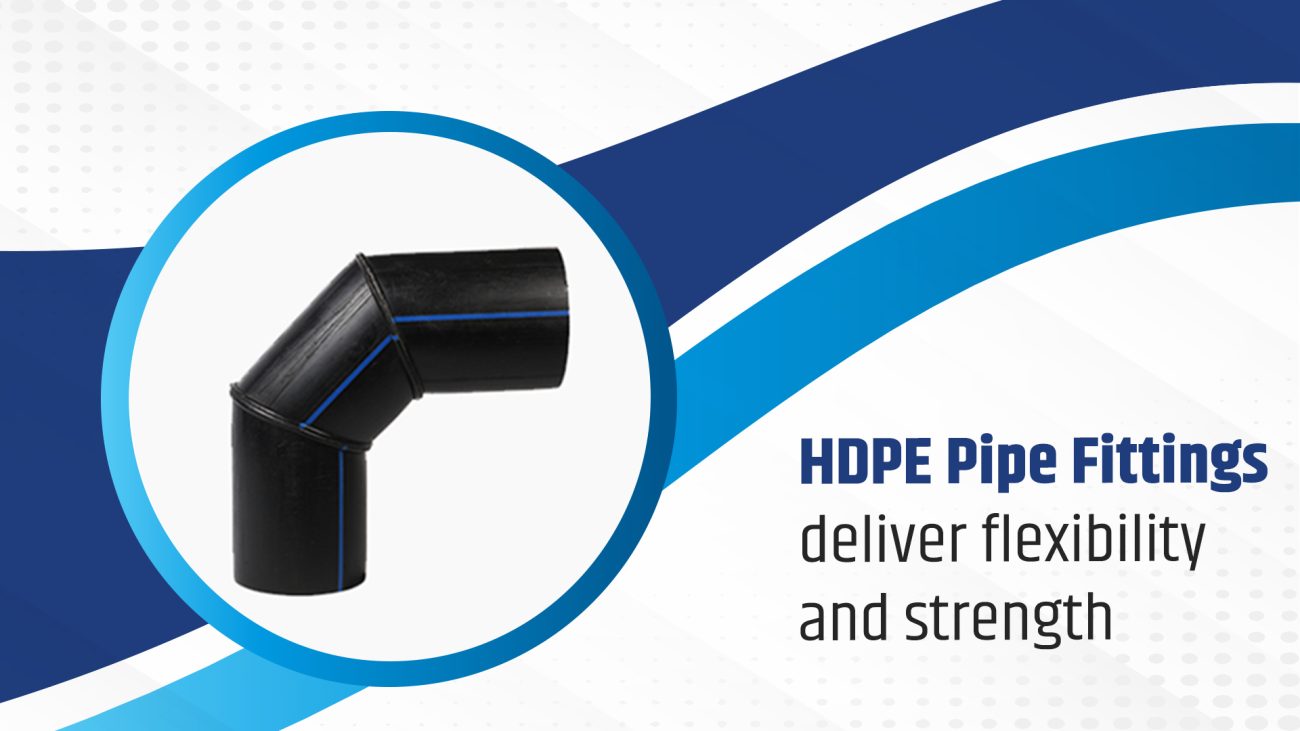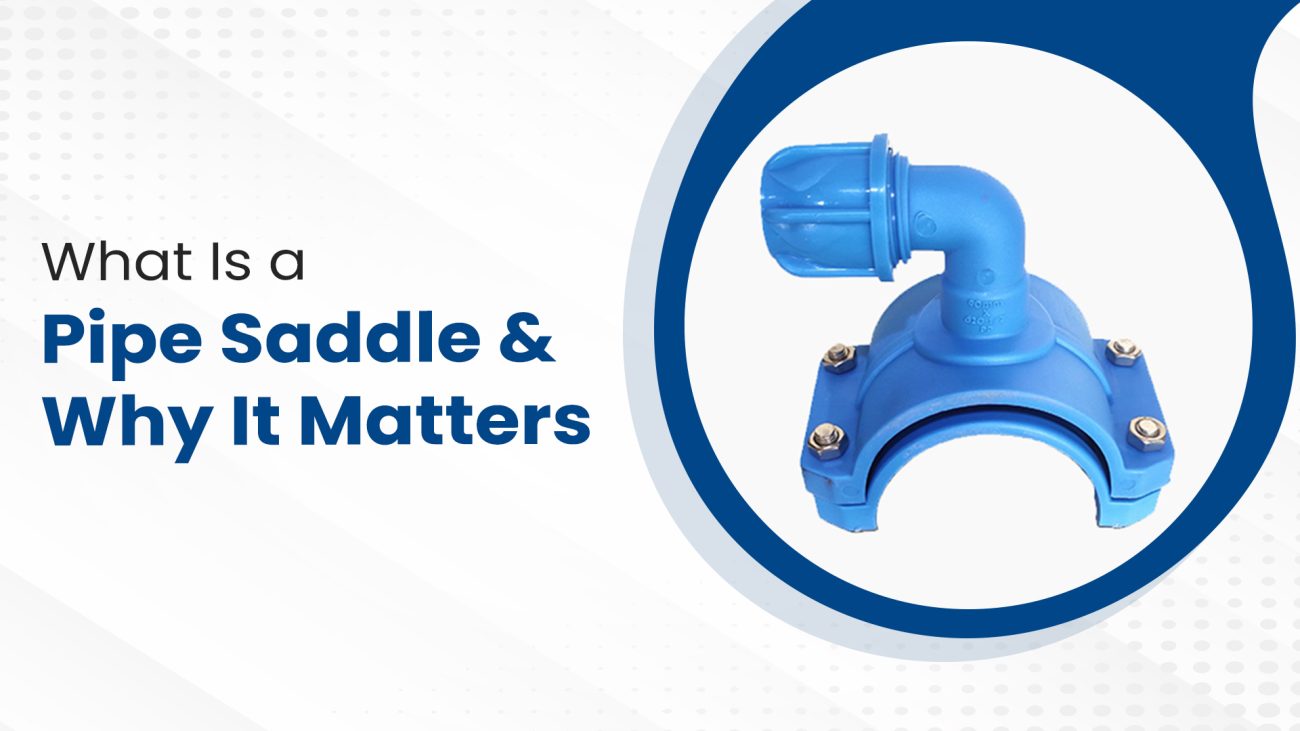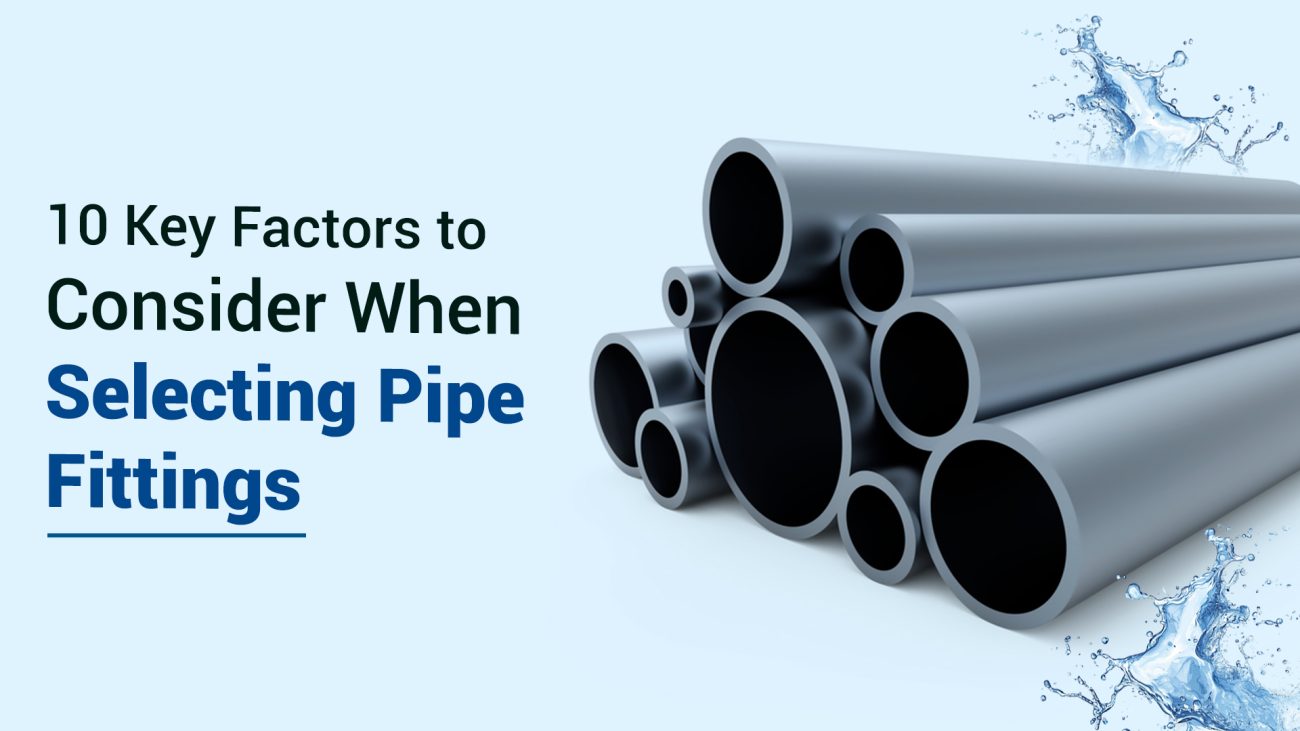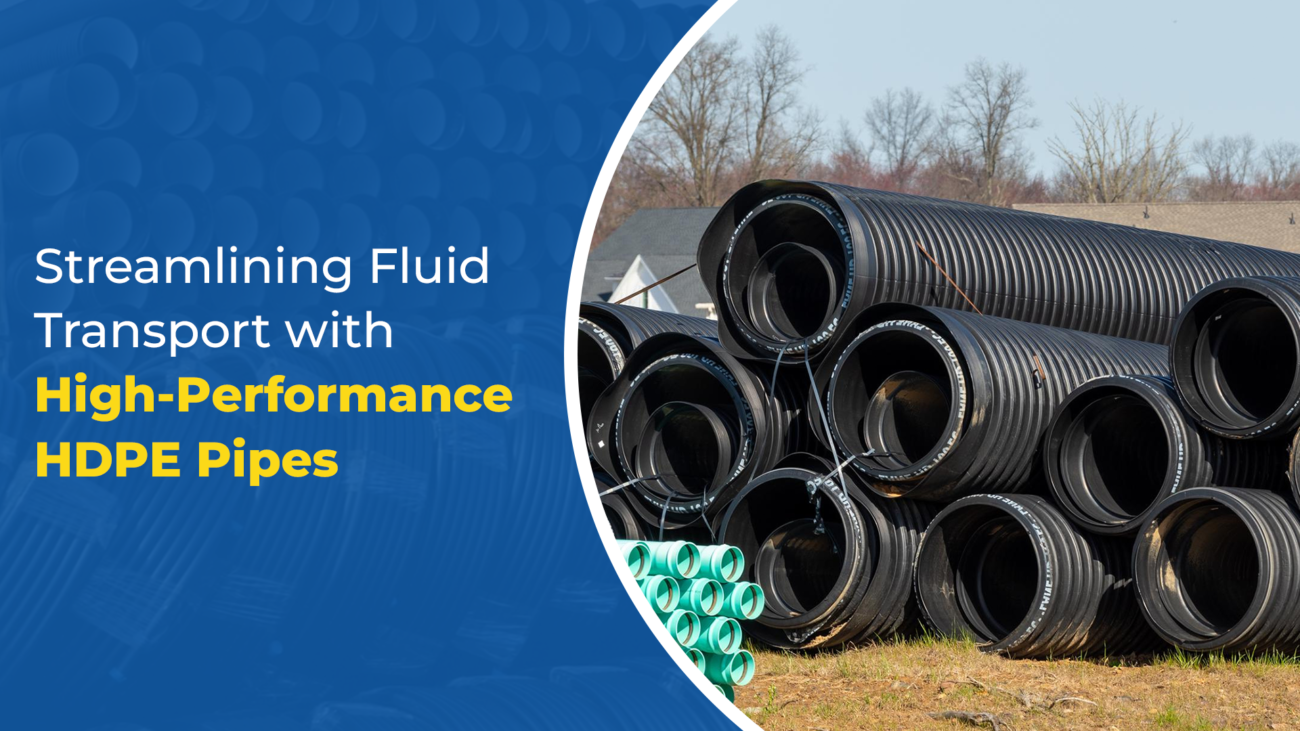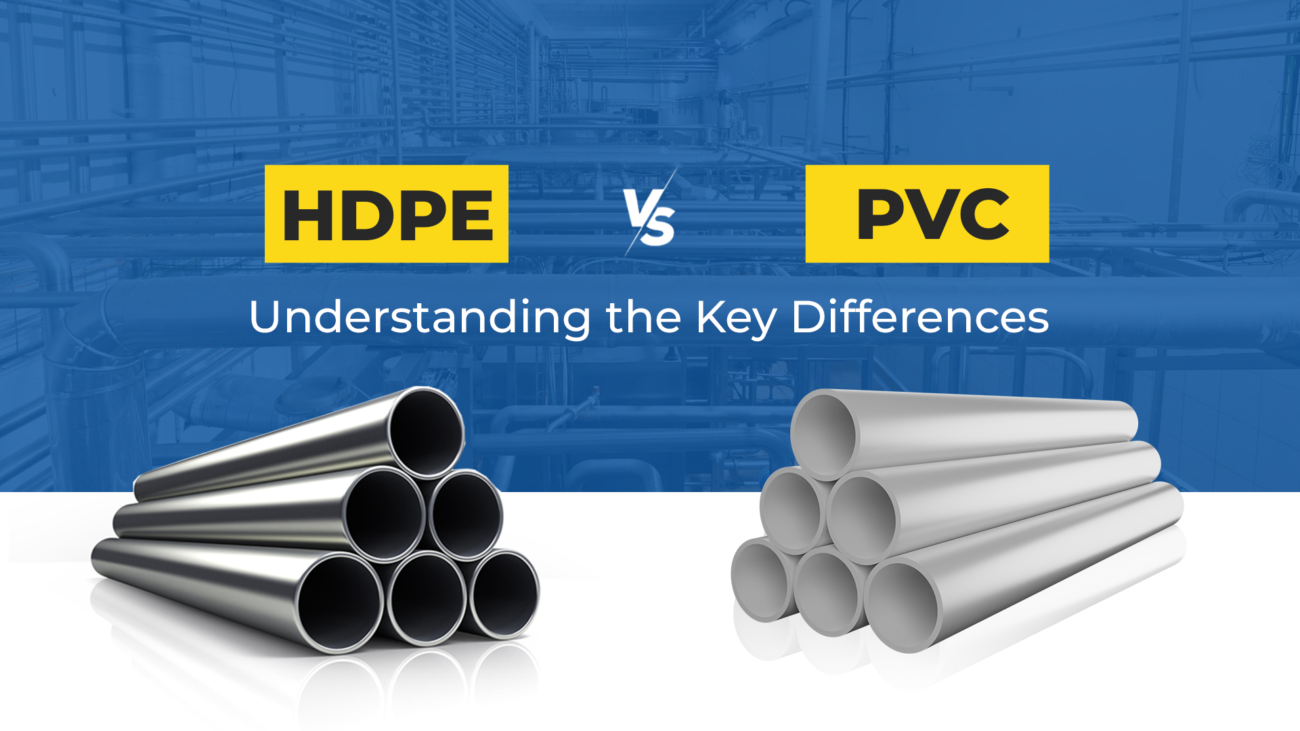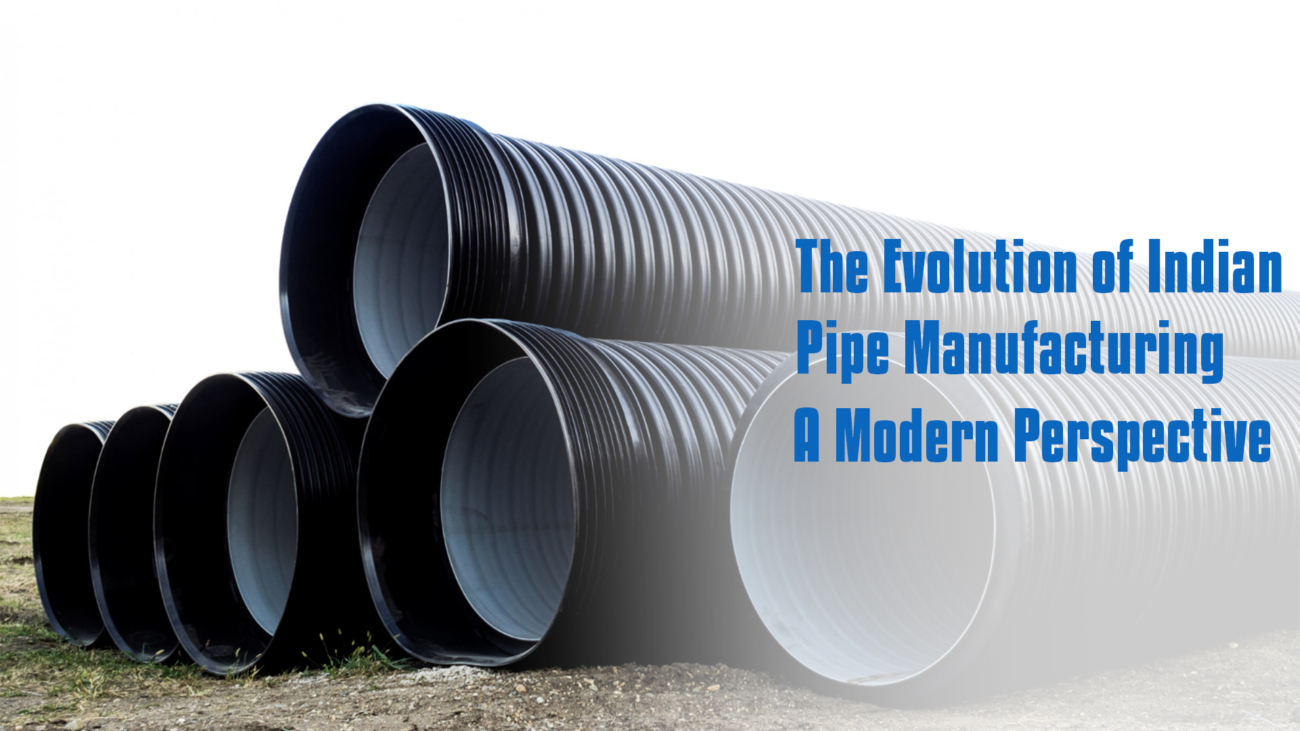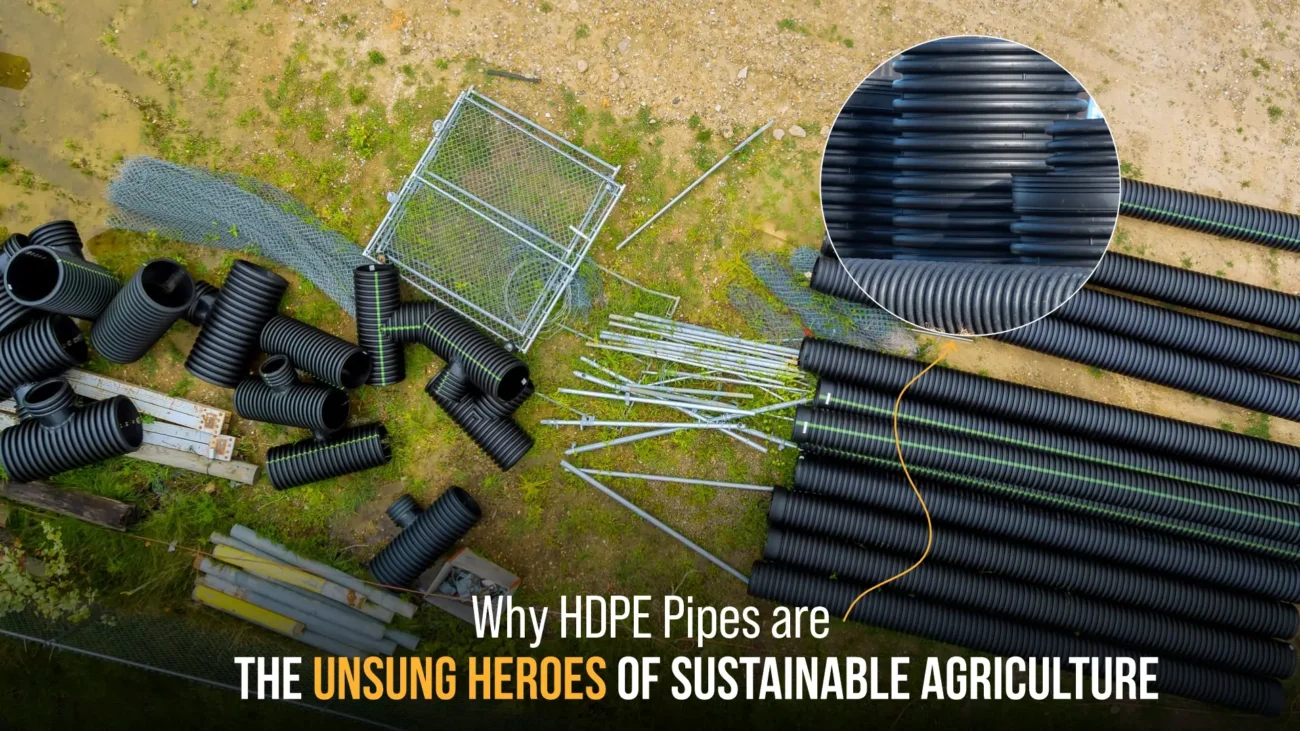Since their invention several decades ago, HDPE (High-Density Polyethylene) pipes have become a common type of modern infrastructure. This is owing to their ability to withstand a lot of stress. Because of their billions of applications, they’re used for everything from home plumbing to industrial manufacturing equipment.
However, in order to understand the significance of these plastic pipes in various areas of application, it is important to study how HDPE pipes have diverse applications. This article will take focus on the versatility of HDPE pipes in residential, commercial, industrial, agricultural and even infrastructure development.
Residential and Commercial Applications
Mandatory causal factors for the prevalence of HDPE pipes in residential and commercial applications include reliability and ease of their installation. Some typical uses include:
- Water Supply Systems: HDPE pipes are very good for transporting purveyed water into households and businesses. Their inner surface is smooth thereby decreasing internal frictions which reduces the pressure and loss of water flow making the delivery effective.
- Plumbing and Drainage Systems: The performance of HDPE pipes is remarkable. They can be used for drainage systems as well as water supply systems since they are quite leak resistant. Their flexibility makes it easier to navigate across obstacles without needing to excavate so much.
- Irrigation Systems: Farmers and Landscapers, as well as for landscaping and golf course irrigation systems, utilize HDPE pipe. It is suitable for bringing water to fields, lawns, and gardens Since it is resistant to corrosion and chemicals.
- Gas Distribution Systems: HDPE pipes gas distribution also facilitate the safe and efficient transfer of natural gas to users places. This is possible due to their excellent resistance to corrosion and pressure.
Industrial Applications
As a result of their low cost structure and strength, HDPE pipes are critical in a number of industrial applications. Included in the significant industrial applications are:
- Process Water Lines: These pipes are laid for the process water used in manufacturing, cooling, and cleaning. Owing to their chemical and abrasive resistance, they are suitable for various industrial fluids.
- Chemical and Petrochemical Pipelines: The chemical and petrochemical industries rely on HDPE pipe for safe transportation of corrosive and hazardous materials. It is important for both of these sectors that the pipelines would be able to withstand harsh chemicals and provide integrity.
- Wastewater Treatment Systems: HDPE pipes are used in treatment plants for waste water and sludge transport. Their properties make it possible to provide performance in harsh environments free of corrosion and biodegradation for many years.
- Food and Beverage Processing: In the food and beverage sectors, HDPE is used to convey water, preparations, and final products. Such materials are harmless and do not cause bacterial growth, which is critical in industries with stringent hygienic standards.
Agricultural Applications
Agricultural development has expanded the roles of HDPE pipes as it has become central in integrating reliable and effective options for water supply and drainage. Listed below are some agricultural applications:
- Irrigation Systems: To facilitate effective irrigation and increase productivity, water is conveyed to fields and crops using HDPE pipes. Since they are quite flexible, such pipes guarantee simple installation and maintenance regardless of the agricultural environment.
- Livestock Watering Systems: The production of HDPE pipes from Russia has encouraged livestock watering divisions to adopt such pipes to convey water from a source to drinking troughs, making it easier to provide good drinking water. Such pipes are bacteria and corrosion resistant, thus protecting animals.
- Drainage systems: To stop waterlogged areas and improve the crop output, the fields are drained with HDPE pipes. They are strong and resistant to roots making them ideal for permanent drainage systems.
Infrastructure Applications
HDPE pipes are also used widely as part of infrastructure in a variety of applications such as water supply, waste water and stormwater drainage. Some infrastructure applications include:
- Water Supply Networks: HDPE pipes are used as conduits to supply clean water to the population in cities and valleys. They could remarkably withstand corrosion hence are economical and would last for long.
- Sewer Networks: Used in carrying wastewater away from population areas and directing it to treatment plants. They are safe as they safeguard the environment. They have important qualities such as ease of installation and affordable cost which enable them to be used in new projects and rehabilitation.
- Storm Water Management: These pipes are able to collect and transport the excess water and rain. This prevents the flooding of buildings and soil erosion. They possess good qualities that make them suited for long term subsurface use, which are rust and root penetration.
- Gas Distribution Networks: Designed to carry gas within urban and towns, these constructions utilize HDPE pipes for their efficiency and cost effectiveness. Gas requirements shouldn’t be an issue as these pipes encase a non-corrosive material which is incompressible.
Other Applications
HDPE pipes have a wide range of other applications, including:
- Marine Applications: HDPE pipes are used for buoyancy, fenders, and other marine structures due to their durability, buoyancy, and resistance to corrosion.
- Electrical Conduit: HDPE pipes are used as electrical conduit to protect and route cables. Their non-conductive properties and resistance to moisture make them suitable for this application.
- Cable Protection: HDPE pipes are used to protect cables from damage and corrosion, especially in underground or harsh environments.
- Sports Equipment: HDPE pipes are used in the construction of sports equipment, such as goalposts, bleachers, and field structures. Their durability and strength make them suitable for demanding applications.
HDPE pipes have proven to be a versatile and reliable solution for a wide range of applications. Their durability, flexibility, and resistance to corrosion make them a preferred choice in residential, commercial, industrial, agricultural, and infrastructure sectors.
As technology continues to advance, HDPE pipes are likely to play an even more prominent role in various industries. Their versatility and sustainability make them a valuable asset in building a more sustainable and resilient future.



